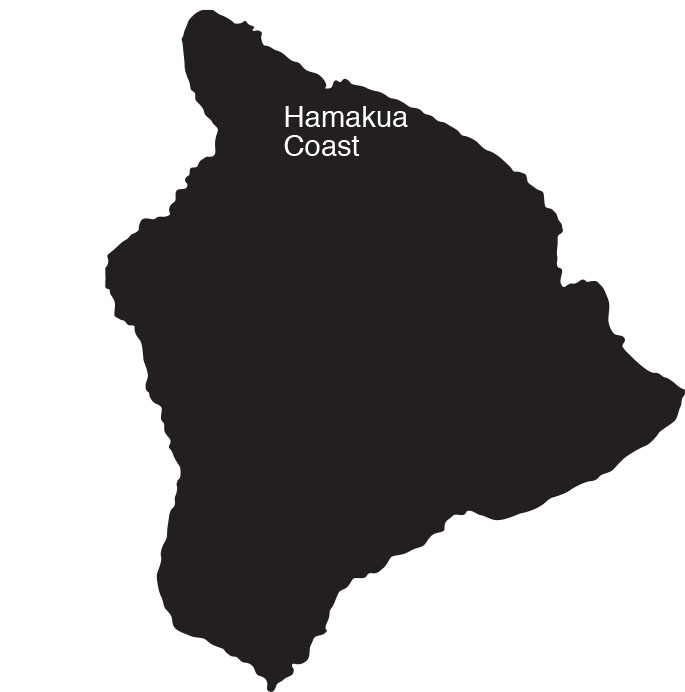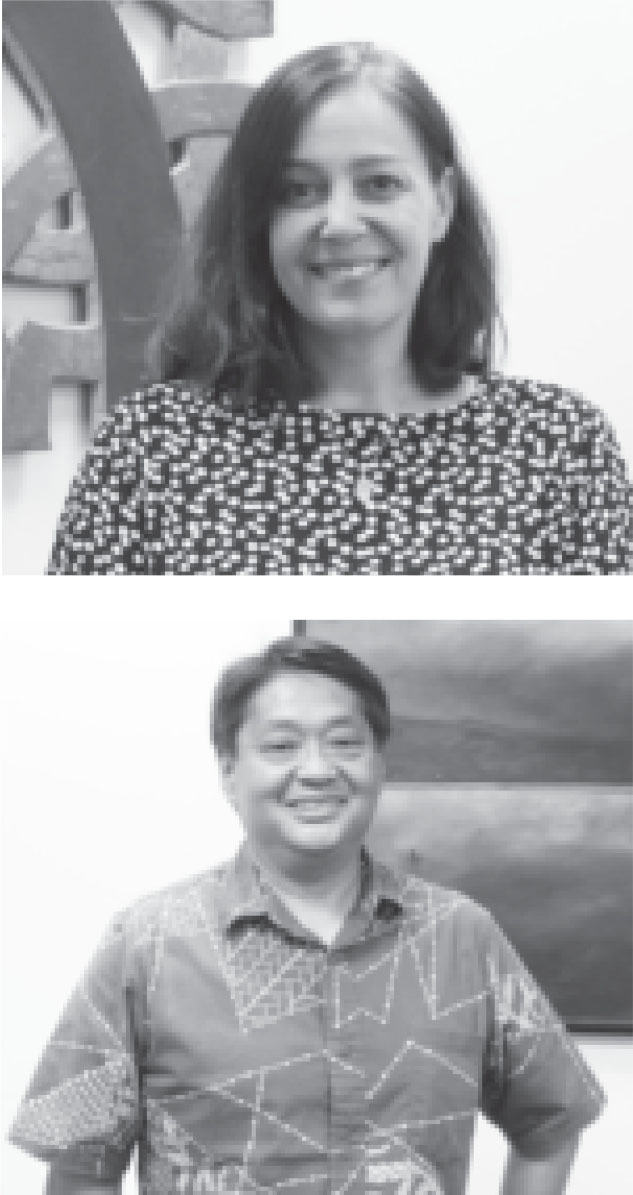Grant-in-aid for Hamakua Health Center
“What have you done for me lately?”
People ask this question of politicians all the time. It is easy to grow cynical and weary of politicians, especially in the era of Trump.
However, there is still reason to hope because action can still be taken at a state level working with Hawaii’s local politicians.
What is a “grant-in-aid”?
Every year from January through May, Hawaii’s legislators determine which bills turn into law. In addition to passing bills during the Legislative Session, the legislature has the ability to award grants funded by the State.
Grants (GIA’s) are awarded for two types of requests: Capital Improvement Projects ($20 million) to construct and or repair buildings and other facilities, and Operating grants to support programs ($10 million).
Our legislators decide how to allocate the $20 million and $10 million funds for projects across the state. That’s a lot of money! And there are certainly many worthy causes and projects. Through these grants, the state funds programs such as the Special Olympics to the Domestic Violence Action Center (for a full list of this legislative year’s grantees, visit labor.hawaii. gov/ocs/service-programs-index/ gia/).
The legislators determine which causes to advocate for, and use their influence and relationships within the legislature to push their requests through to the finish line, aka secure the money for the projects.
“It’s a big responsibility, but it’s gratifying to go through all the grant applications and see what’s worthwhile. The little organizations make a big difference, especially for boots-on-the-ground situations like health care and homelessness,” said Representative Nicole Lowen.
Union political action
The union has fostered a relationship with Representative Mark Nakashima (District 1; Hamakua, North Hilo, South Hilo) and Representative Nicole Lowen (District 6 Kailua-Kona, Holualoa, Kalaoa, Honokohau).
This year, thanks to union political action, one of Local 142’s units, Hamakua Health Center was able to get a grant worth $800,000 for the further planning and construction of a new health center.
Improving access to care
The grant-in-aid for Hamakua Health Center was Representative Nakashima’s sole and top priority for this session. And with the help of Representative Lowen on the finance committee, the center secured its funding from the state.
“This is an important first step,” said Nakashima about the grantin-aid for Hamakua Health Center. “This is an important community resource because there’s not a lot of private practice in Honokaa, so having a facility that allows for increase in better service is key.”

The Big Island’s Hamakua Sugar Co. closed down in 1994. With the loss of sugar as an economic engine, not just on the Big Island but the state as a whole, many communities struggled to adjust. Hamakua was no exception.
An injury to one is an injury to all
“Every day I hear stories of seniors who have left Honokaa because their family moved them to the mainland or Honolulu for better care,” said Representative Nakashima. “Can you imagine after living 90 years in one place only to move somewhere else where they don’t know anybody? They will have to spend their remaining years among strangers – no Hongwanji, no friends. The rural community is from plantation days. It is not their fault that sugar ended, and they are far from accessible care.”
“Neighbor island needs are always greater than Honolulu,” noted Representative Lowen. “And it is a fact across the country that rural communities have even more of a struggle.”
The union as a whole has the numbers in membership to heavily influence elections, and these votes are important to those in elected office.

Mahalo, Rep. Lowen (above) and Rep. Nakashima (below).
To find your district’s representative and share your concerns about your community, go to capitol.hawaii. gov.
We work democracy to our advantage when we have a balance between those in power and those they represent.
Strengthening the community through PAC
The success of the Hamakua grant-in-aid is a win all around that represents what can happen when the union, community and politicians work together: more money to build will lead to more jobs within the unit. And the underserved community will have more access to quality care. To find out more about how to get involved with political action, call your Division or talk to your Business Agent.

At the start of the 29th Legislature, 2,918 bills were introduced. 230 bills were passed by the end of session. Of those 230, 11 of the bills the ILWU supported passed, in addition to four funding bills.
This year, the union identified five bills related to labor that would be detrimental to working people’s concerns. By the time session ended, all five of those bills were dead.
For example, HB 7 and SB 598 threatened the Longshore Division because it would have taken work opportunity away from them by allowing others to open containers to inspect for illegal fireworks. These bills died and were not even granted a hearing.
In addition, HB 1471 and SB 704 were identified as harmful to working people in the hotel industry because of their support of Airbnb and temporary vacation rentals. These bills survived until the final deadline, but luckily did not get past that.
Kauai
HB 186: The coffee berry borer beetle is a threat to the coffee industry. This bill will extend by two years the availability of assistance from the state department of agriculture and their pesticide program to combat the coffee borer beetle. The basis for the extension is that it took longer than expected to first make the support available to the coffee growers.
Oahu
HB 100: Funding for Wahiawa General Hospital. The budget includes $942,000 for each of the next two fiscal years and $1,000,000 as a grant in aid to do capital improvements at the hospital.
Maui
HB 1230: Provides access to special purpose revenue bonding to MauiGrown Coffee to lessen their financing costs, because the state has approved the project.
Senior Programs
HB 607: This bill relates to the Kupuna Care Program and appropriates $600,000 for developing a plan to identify supportive services for care-givers to help them care for their Kupuna.
HB 615: This bill relates to the Healthy Aging Partnership and appropriates $500,000 to advance the program, which is an evidence based program to promote chronic disease management and exercise and fitness.
